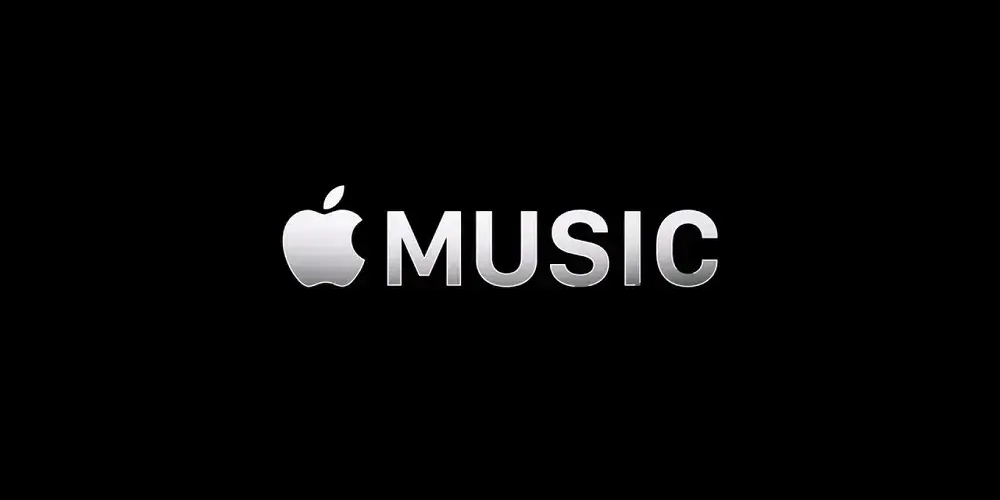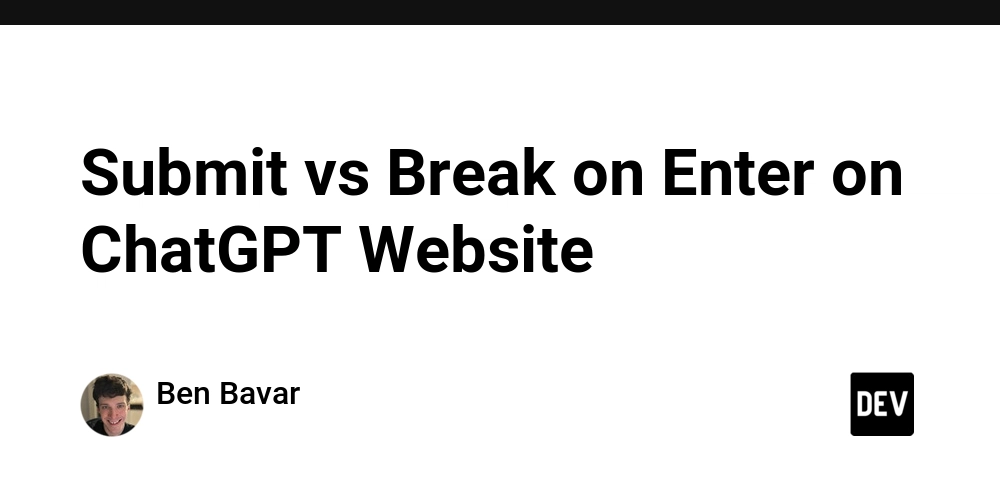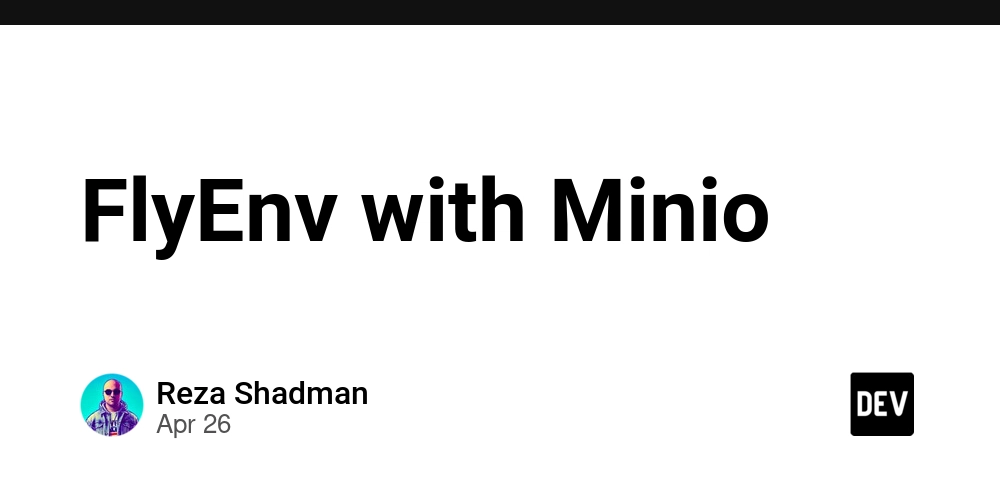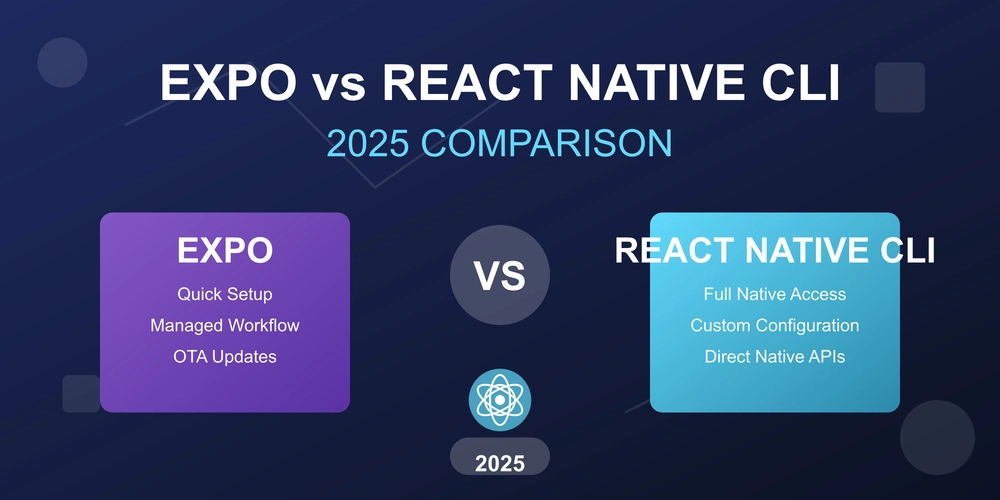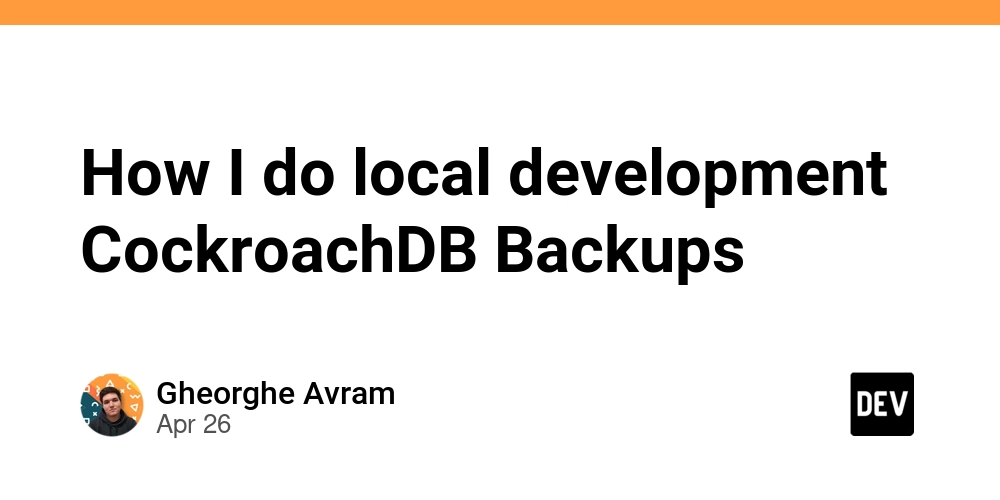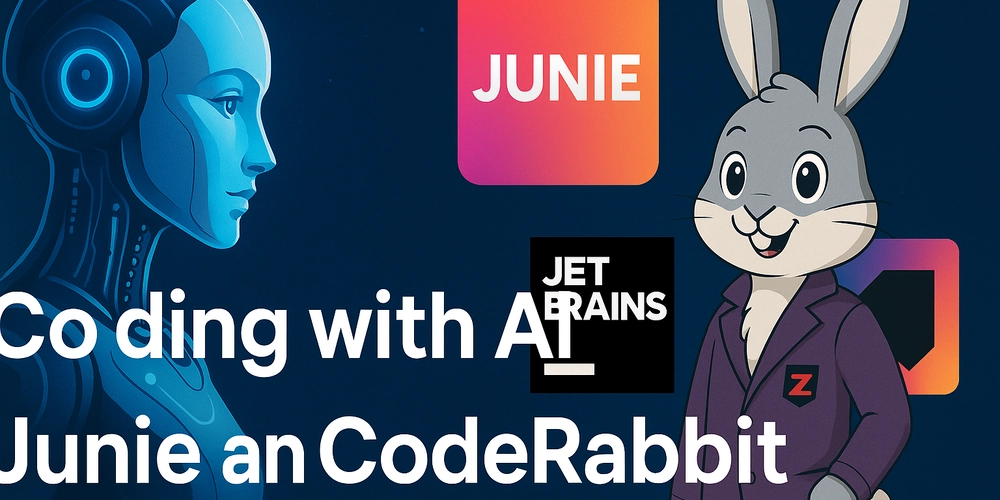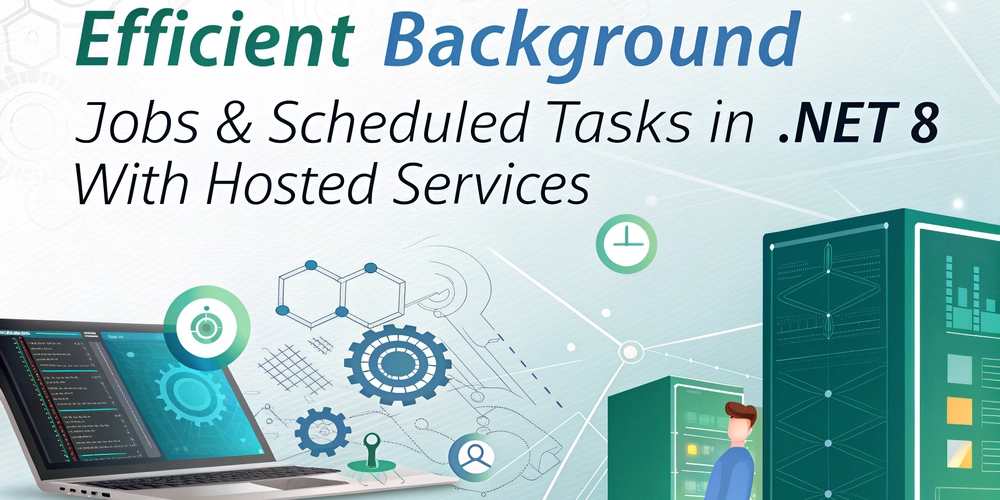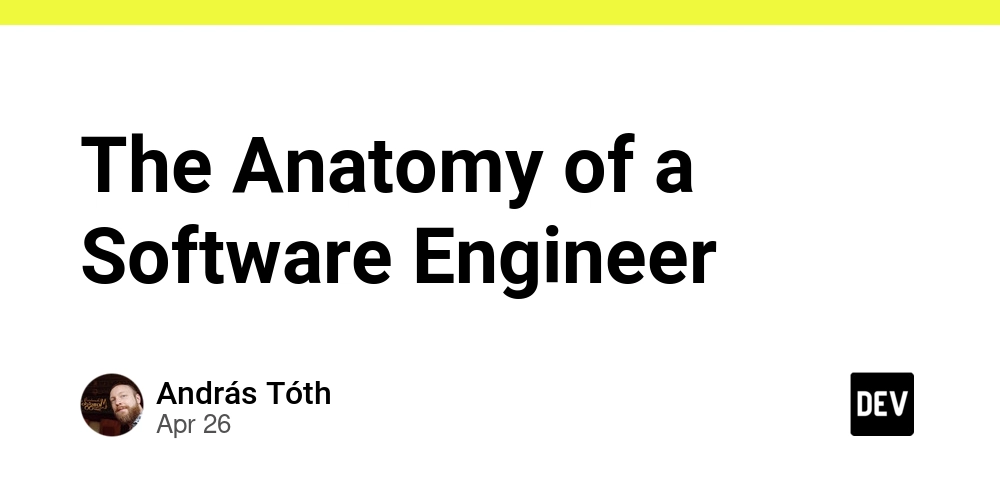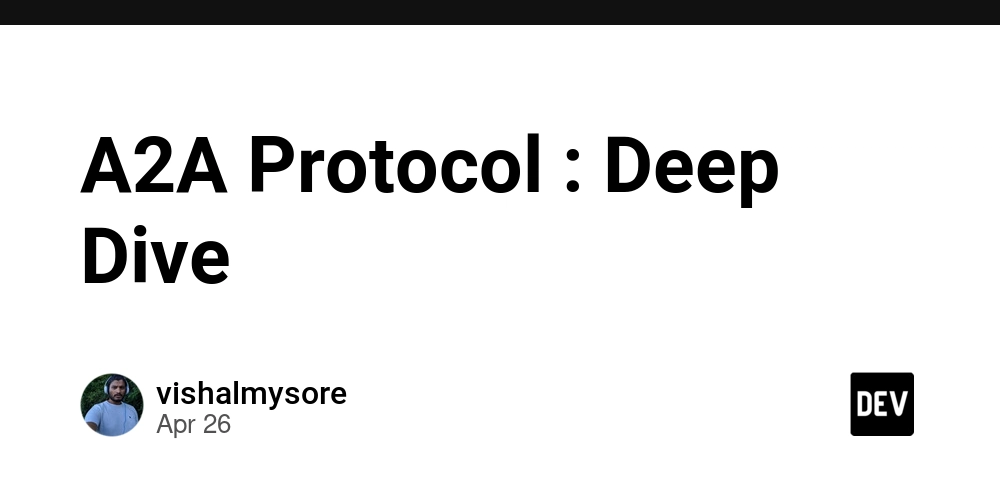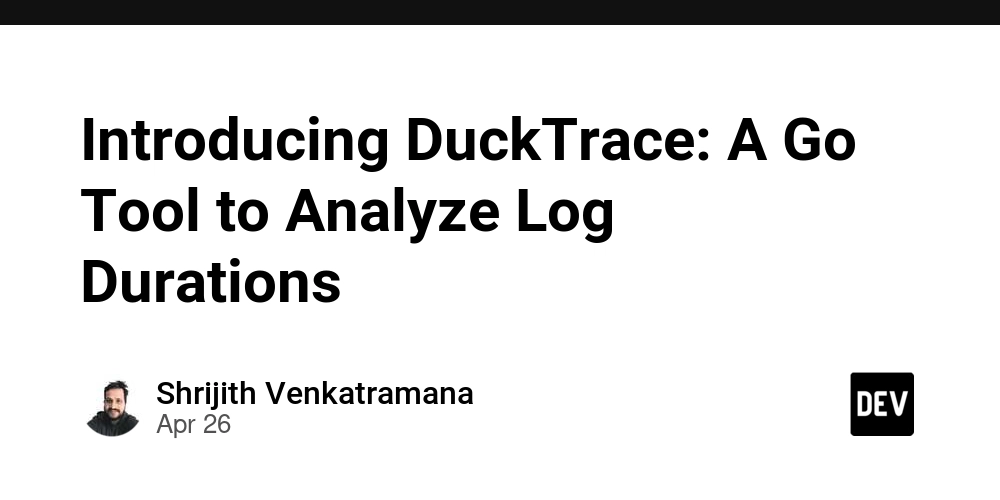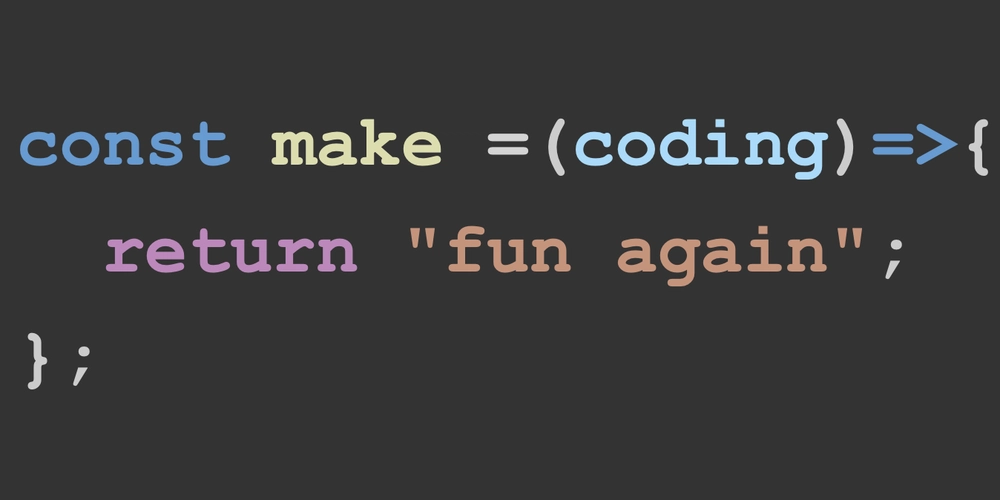
5 Unique Programming Project Ideas to Supercharge Your Development Skills
Tired of the same old coding tutorials? Want to really push your programming boundaries and level up your software development skills? Instead of just learning syntax, dive into projects that solve real problems and showcase your creativity. Explore these unconventional ideas to significantly improve your tech expertise!
1. Build a Personalized Knowledge Management System for Coders
As developers, we drown in information. Snippets, solutions, articles – they're scattered everywhere. Instead of relying on disorganized bookmarks, create your own personal knowledge management system. This project is perfect for developers who want to take their skills to the next level.
- Full-text search to instantly find any piece of knowledge.
- Automatic tagging and categorization with NLP to organize effortlessly.
- Spaced repetition for efficient memorization of complex concepts.
- Bi-directional linking to connect related ideas seamlessly.
- Version history to track the evolution of your knowledge.
This project lets you explore databases, search, and even machine learning. You'll utilize this system every day as a programmer.
2. Design a Smart, Programmable Home Dashboard
Smart homes are on the rise, but their systems are often isolated. Build a dashboard to unify all your home data sources:
- Real-time weather updates synchronized with your daily schedule.
- Transit delays to optimize your commute using real time data.
- Insightful home energy consumption dashboards.
- Notifications for package deliveries.
- Custom home automations tailored to your life.
Tackle the challenges of API integration, real-time updates, and intuitive interface design. A programmable home dashboard is a fun and useful way to practice programming.
3. Create a Personal Finance Analyzer
Although financial apps are everywhere, few offer in-depth analysis. Build an application that dissects your spending habits for insights:
- Automatic transaction categorization and tagging for easy budgeting.
- Subscription tracking to eliminate unwanted recurring charges.
- Spending forecasts powered by historical data.
- "What-if" simulations for major financial decisions.
- Spending visualization relative to income.
You'll dive into data processing, statistical analysis, and data visualization, all while improving your personal finances with your own personal finance analyzer!
4. Develop a Custom Static Site Generator
Tons of static site generators exist, but creating your own provides insight into content management and build processes. Your generator could have:
- Custom Markdown extensions to suit your content needs.
- Automatic image optimization for stunning visuals.
- SEO optimization features to boost your website presence.
- Performance analytics to track and enhance your site's speed.
- Integration with platforms for seamless deployment.
Learn about parsing, templating, and asset pipelines as you build your efficient custom static site generator.
5. Build a Collaborative Online Code Playground
Online code playgrounds are indispensable tools for learning and sharing code. Take it to the next level by making a collaborative editor:
- Real-time code sharing and collaboration.
- Support for multiple programming languages.
- Interactive code execution visualization.
- Built-in linting and formatting for readable code.
- Easy saving and sharing of code snippets.
Explore real-time web technologies and collaborative editing with this collaborative code playground project.
Why These Unconventional Programming Projects Matter
These projects offer key advantages over traditional coding exercises:
- They solve real-world problems you might encounter.
- Each project blends various programming domains and skills.
- You will think of systems rather than just implementing features.
- You can scale the projects over time as your skills develop.
- They provide impressive portfolio pieces.
Getting Started On Your Programming Projects
Choose a project that excites you and aligns with your technical interests. Develop a minimal viable product (MVP) first, then expand its features over time. Share your progress, challenges, and insights with the development community. The ultimate goal is to learn and grow, knowing your knowledge will expand with each project you do.


